Film Production Insurance – Video Production Insurance
Film Production Insurance
Video Production Insurance
By: Allen Financial Insurance Group
Contact usfor a no obligation Film Production insurance quote and Video Production Insurance quote today
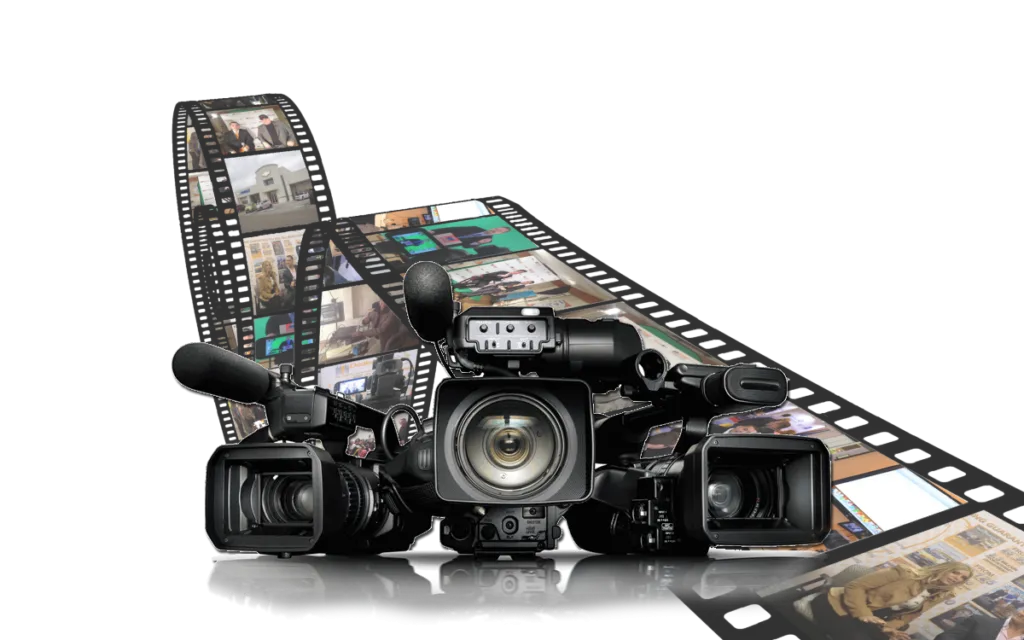
Film Production Insurance
Allen Financial Insurance Group has the expertise required when it comes to providing Film Production Insurance – Video Production Insurance protection for all of your digital, film, or video production work, whether it’s a television commercial production, feature length film, corporate video, short films, director’s wheel,infomercial, television pilots, series or specials.
TheAFIG Film Producers Film Production Insurance – Video Production Insurance Package provides essential insurance solutions for feature films, commercials, documentaries and television programs. Protection extends beyond the property associated with these productions. It also insures extra expenses arising from illness or injury to cast members, loss or damage to negative film or videotape, or problems arising from faulty cameras, film or processing. Film Production Insurance – Video Production Insurance protection for your production is as essential as organizing a crew, securing locations, renting equipment and even developing a script our insurance program will protect your production from the financial consequences of damage to or destruction of raw film, or tape stock. Film Production Insurance – Video Production Insurance can be the key to protecting your investments.
Long recognized for delivering superior service, Allen Financial Insurance Group supports policyholders through its global network of loss control and claim professionals. Our loss control specialists have a deep knowledge of the entertainment business. They identify potential hazards and help mitigate or prevent losses. They can provide invaluable advice in fire prevention, disaster recovery planning, equipment maintenance and premises safety.The AFIG Entertainment & Media Division provides Film Production Insurance – Video Production Insurance coverage on a worldwide basis for Motion Pictures, Videos, Television and D.I.C.E. productions.
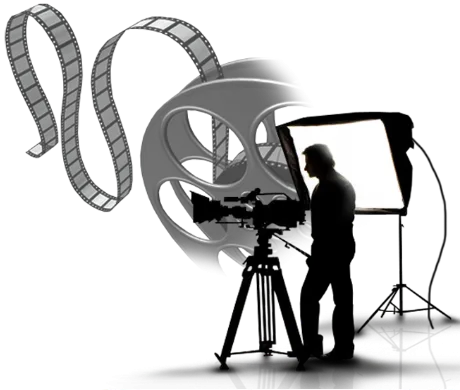


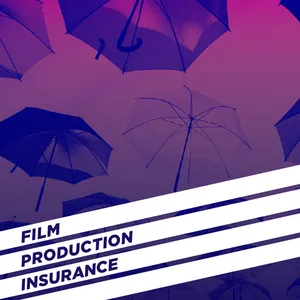
In a bulletin issued last year it described them as follows:
- Cast insurance covers any additional costs that can arise if a production loses a cast member, director or any personnel and often represent the largest film insurance claims. Cast insurance is a form of “key man” life, coupled with business interruption protection. In March of 1994, the producers of “Wagons East” collected $14.5 million when actor John Candy died of heart failure with 20 percent of production remaining.
- Errors and Omissions policies protect production companies from lawsuits involving violation of personal rights, libel or slander. These policies usually require filmmakers to consult with attorneys prior to a film’s release to check for anything that might spur a lawsuit.
- General Film Production Insurance – Video Production Insurance packages provide the standard insurance needed by any business, such as worker’s compensation, general liability and commercial auto insurance. It also includes costs for delays and re-shooting due to inclement weather, equipment failure and set damage.
- Completion bonding guarantees that a film will be finished. Without completion bonds, some of the Academy-Award nominated independent films such as “Cider House Rules, “The English Patient” and “Leaving Las Vegas” might never have made it to Oscar night. Without the backing of a major studio, independent producers need the guarantee that they have the financial means to complete a film.
Video Production Insurance Coverage & Options
- Film Producers Indemnity
(Cast Insurance) - Guild (Union) Travel Accident Insurance
- Negative Film and Videotape Coverage
- Faulty Stock and Processing
- Property & Equipment Floaters
- Extra Expense Indemnity
- Money, Securities & Crime Insurance
- Contingent Loss of Revenue
- Adverse Weather Extra Expense Insurance
- Commercial General Liability
- Property Damage Liability Insurance
(Third Party) - Railroad Protective Liability Insurance
- Excess Liability
- Workers Compensation
- Property Damage Liability Insurance
(Third Party) - Contingency Coverage
- Completion Bond
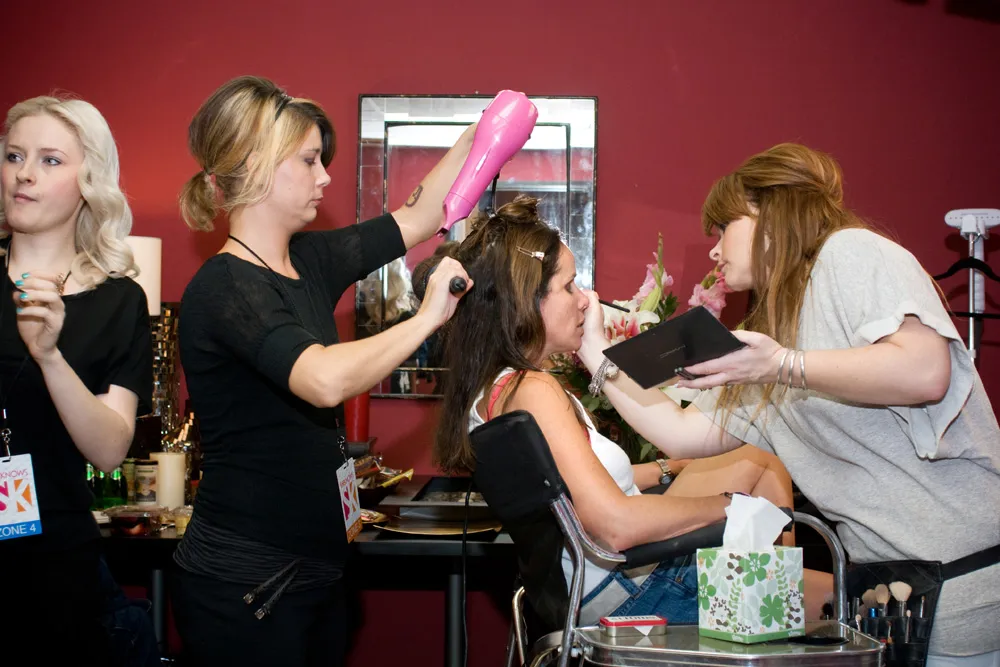
Film Producers Indemnity(Cast Insurance)
Cast Insurance provides coverage for additional expenses to complete principal photography or in the event of necessary abandonment or aborted costs. This could result if an insured actress, actor, animal or other declared person cannot begin, continue or complete their duties in a production as a result of death, injury or sickness. Insured persons are initially covered for accident only, until such time as they are medically examined and complete a medical questionnaire. The carrier then will expand upon the coverage to include illness, if the person qualifies, based upon the medical examination and questionnaire. Coverage is also extended to include kidnapping of any insured artist or director.
Cast insurance normally begins four weeks prior to the first camera day; however, additional time can be purchased in the form of Extended Pre-Production Cast Coverage.
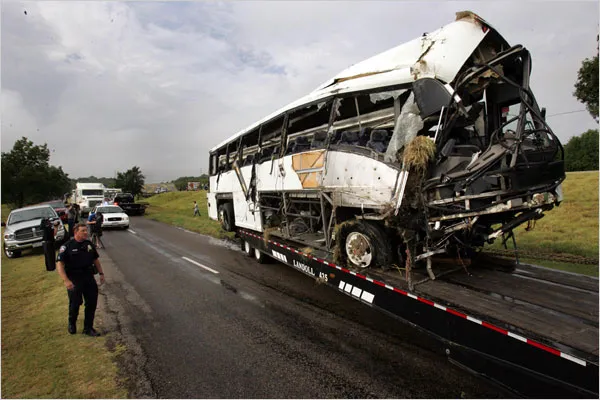
Guild (Union) Travel Accident Insurance
This coverageprovides special accident coverage required by various Union and Guild contracts. Coverage is blanket, and the limits of liability meet all signatory requirements. Coverage may also be extended to non-union employees up to a benefit limit of $50,000 each.

Negative Film and Videotape Coverage:
Covers all risks of physical loss or damage to the negative film and indemnifies the Production Company for the extra expenses incurred in re-shooting the lost or damaged material, or for the aborted costs in the case of abandonment. This coverage basically covers “external” damage to the film and specifically excludes loss from faulty materials, cameras, processing, etc. These exposures are insured under the Faulty Stock section and therefore the two lines of coverage are commonly purchased together to provide complete protection. There is commonly no deductible for Negative / Videotape coverage.
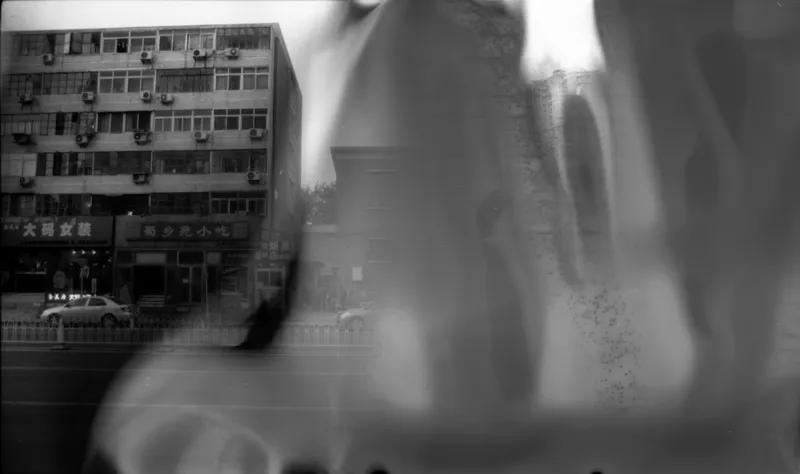
Faulty Stock and Processing:
The Faulty Stock coverage is usually excluded from the Negative / Videotape coverage and added back as a separate endorsement. The Faulty Stock endorsement provides coverage for loss or damage caused by the following:
- Fogging, or the use of faulty materials.
- Faulty Cameras or Videotape Recorders
- Faulty Sound Equipment or Soundtrack
- Faulty developing, editing, or processing.
- Accidental Exposure to Light
The Faulty cutting,editing, cueing or any other production/laboratory work; accidental erasure of videotape recordings, or soundtracks.
Faulty coverage indemnifies the Video Production Company for the extra expenses incurred in re-shooting or repairing the lost or damaged material, and/or for the aborted costs in the case of abandonment. There is commonly a large deductible for Faulty Coverage.
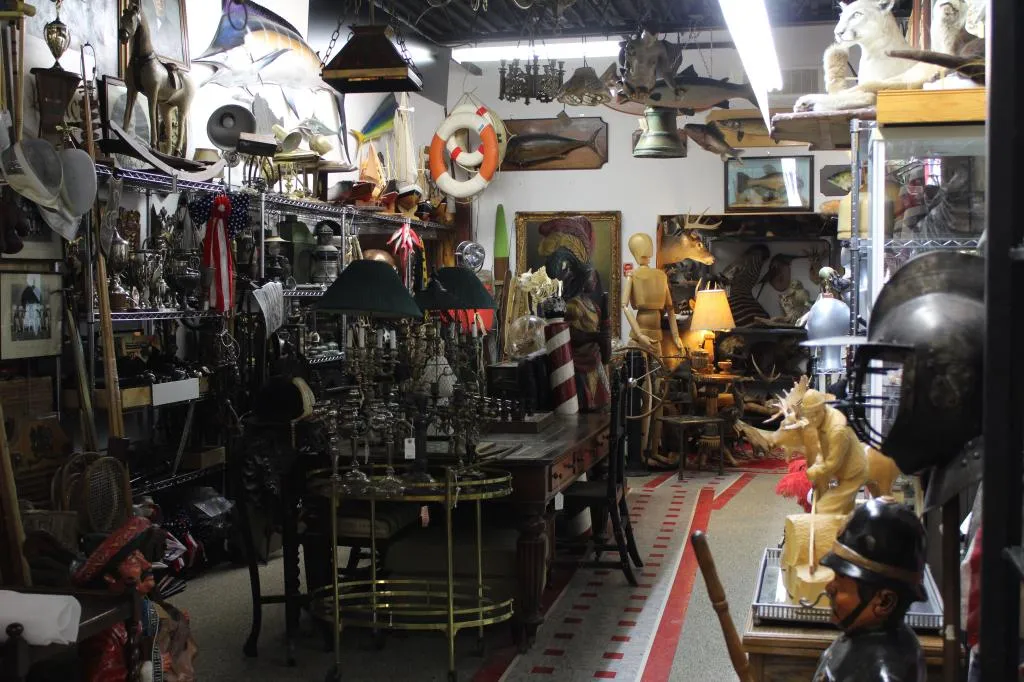
Props, Sets, Wardrobe and Related Property Floaters
This is an “all risk,” “worldwide,” Inland Marine Floater that covers owned property and the property of others while used or to be used in connection with the insured activities for direct physical loss.

Extra Expense Indemnity
Reimburses the Production Company for any extra expenses (additional costs) necessary to complete principal photography due to the loss of, damage to, or destruction of property or facilities (props, sets, wardrobe or equipment) used in connection with the production. Coverage includes losses due to faulty generator operation and mechanical breakdown of cameras.

Money & Securities Crime Package
Money & Securities provides coverage for actual physical loss of funds during a production (i.e. petty cash) against robbery, theft, embezzlement, or forgery of checks, etc.
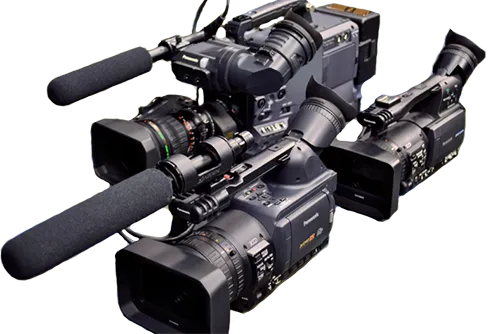

Miscellaneous Equipment
An Equipment “Floater” refers to the fact that the coverage for the equipment “floats” and is not restricted to one location. Coverage is provided on a “Limited Worldwide” basis as there are several excluded countries.The equipment covered by this floater may include Camera, Sound, Grip, Electrical lighting, Communications and Musical Instrument Equipment, Production Location Equipment (fixed and mobile), Recording Equipment, Theatrical Property, Recreational Area Equipment and all related property.
This is a “worldwide” Inland Marine Floater that covers owned property and the property of others while used or to be used in connection with the insured activities.Coverage is provided for damage, destruction or loss resulting from a “Covered Cause of Loss”. Covered Causes of Loss include, but are not limited to: Fire, Theft, Vandalism, Breakage and Water Damage. Earthquake coverage is generally excluded in a standard quote but coverage is available. Exclusions include: wear and tear, electrical surge, mechanical breakdown, confiscation by the government, dishonest acts, damage caused intentionally, damage while being repaired, earthquake, flood and mysterious disappearance. Theft from an Unattended Automobile is covered but there must be “visible signs of forcible entry”. All covered losses (except Windstorm, Theft from a Locked Vehicle & ANY covered loss outside of the United States) are typically subject to a deductible of $1,000 or higher. Coverage is provided for the cost to repair or replace equipment with new equipment. If the equipment is not replaced it will be covered at Actual Cash Value.

Commercial General Liability
Film producers need this protection for their liabilities to others arising out of their operations. This contract protects them for their liabilities for unintentional bodily injury and property damage.It provides coverage for claims of bodily injury and/or property damage arising out of the filming of a picture. This coverage is required prior to filming on city and state roads or on any location sites requiring permits or certificates.Bodily Injury to Cast and Crew members is not covered here and should be covered by a Workers Compensation policy. This policy also excludes property damage to property involved with the production, automobile liability, large watercraft liability, & aircraft liability. These exposures can be insured with specific policies.
Rental Houses commonly request a “Certificate of Insurance” providing proof that they are named as Additional Insured on the the Production Company’s General Liability policy. Locations, studios, and landlords will also usually request a “Certificate” naming them as Additional Insured, as they are concerned about Property Damage that you might do while on their property.
Care, Custody & Control Exclusion:
All Commercial General Liability policies contain an exclusion for property damage to property in the insured’s care custody and control. The policy states ” This insurance does not apply to: (h) property damage to (3) property in the care, custody or control of the insured or property as to which the insured is for any purpose exercising physical control”. This exclusion was designed to exclude coverage for damage to property that should be covered under insurance specifically designed for property, such as equipment floaters, bailee insurance, fire insurance and so on.
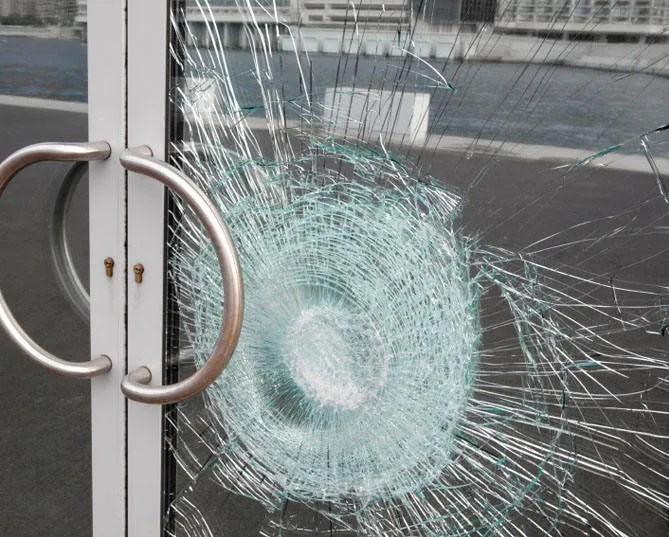
Property Damage Liability Insurance (Third Party)
Property Damage Liability Insurancecovers loss, damage to, or destruction of property of others, including loss of use of that property in your care, custody or control. Coverage does not apply to liability for damage to property caused by operation of any motor vehicle, aircraft or watercraft, including damage to the foregoing; or liability for damage to any property rented or leased that may be covered under props, sets, or wardrobe; or miscellaneous equipment insurance. This coverage is not included under a Comprehensive General Liability Policy. Property Damage Liability Insurance written as part of a comprehensive general liability policy excludes damage to any property in the production company’s care, custody or control.
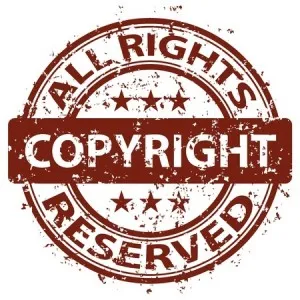

Producers Errors & Omissions
Television and film productions need errors and omissions insurance for a variety of risks. The title of a production could violate a third-party trademark, or an accidental failure to obtain consent or a proper license could spark a lawsuit. Defense costs associated with such lawsuits can be staggering. This coverage is usually a pre-requisite for film distribution.
This is a vital coverage to protect producers against copyright infringement suits that may be brought against them.Errors & Omissions Insurance provides coverage for:
- Libel, slander or other forms of defamation.
- Invasion or the right of privacy or publicity.
- Unauthorized use of names, trade names, service marks, titles, formats, ideas, characters, character names, characterizations, plots, musical compositions, performances, slogans, program material or any similar material.
- Infringement of copyright.
- Breach of implied or implied-in-fact contract arising out of the alleged submission of any literary, dramatic, musical or other similar material, or breach of trust and confidence arising out of any such submissions.
Worldwide coverage
Seven weeks before Steven Spielberg’sAmistadwas to make its 1997 debut, a lawsuit threatened to sink the movie’s release. Barbara Chase-Riboud, author of the novelEcho of Lions, brought the suit, alleging that Dreamworks, Inc. had copied original “scenes, characters and plot devices” inAmistadfrom her novel. (Read Article)
The following items are normally required to underwrite a film project:
- Completed application
- Resume/List of Previous Production works/credits
- Videotape – VHS Format or DVD of program
- Title Clearance Report- unless this is submitted and aprroved, the policy will NOT include coverage for the title.
- Distribution or broadcast contract – If coverage can be limited to a specific contract or broadcast, the premium will be less than taking a worldwide, any type of distribution policy

Automobile
This coverage protects the film producer for their liabilities arising out of use of automobiles in their business. Physical damage to “hired vehicles” can also be insured. If the production company owns any automobiles, they must be specifically listed on the policy.
- Owned Auto Insurance covers autos registered to, or purchased by, the production company.
- Hired Auto Insurance is required if the production company plans to rent or hire vehicles.
- Non-Owned Auto Insurance provides coverage, if you are sued as a result of damage caused by an employee during the course and scope of company business. Physical Damage Insurance is also available
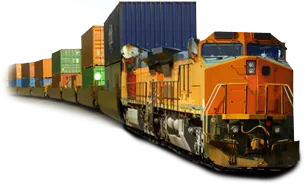
Railroad Protective Liability Insurance
Provides coverage that protects a railroad company against claims arising in connection with the use of their property. Sometimes referred to as a sidetrack agreement.
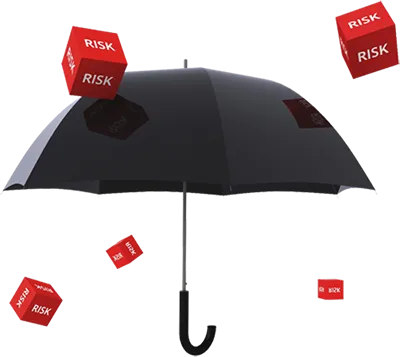
Excess Liability
Filming often requires liability coverage in excess of the limits provided in primary General Liability, Auto Liability, Employers Liability and Third Party Property Damage policies.Most entities requiring proof of liability insurance require a $1,000,000 limit. Some locations require higher limits.Excess policies providing substantial limits can be arranged.

Adverse Weather Extra Expense Insurance
Provides coverage for extra expense incurred by the interruption, delay or abandonment of the production due to adverse weather conditions at the location which reasonably and necessarily prevent filming or taping from taking place.

Contingency Coverage
This is a broad category of coverage that is customized for the needs of the film producer. Generally, this is coverage that is put in place to protect the producer from losses due to circumstances beyond the producer’s control. It can be written for protection from many causes, and is most often written to protect against adverse weather conditions that will prevent filming.
Contingent Loss of Revenue
This form of insurance may not be around much longer. It is a fairly new coverage that offers a bank some protection if the production does not make enough money in distribution to repay a loan. The insurance (bonding) company requires a lot of information including distribution contracts. Once they are comfortable that the movie will make a profit, they will guarantee partial repayment of the bank loan. There have been several lawsuits concerning misrepresentations from the producer and the insurance companies refused to pay any losses.
Completion Bond
A motion picture completion guaranty is a written contract that guarantees a motion picture will be finished and delivered on schedule and within budget. The majority of films produced and fully financed by the major Hollywood studios are, in effect, self-guaranteed. However, most independently financed films, including many that are released and distributed by the major studios, require a completion guaranty. This has become a very difficult market requiring large liquidity for financial guarantee and typically a production with at least at $15,000,000 budget.
A producer usually secures a completion guaranty for the benefit of the bank or other financiers who agree to make the necessary production funding strike price available to the producer. In general, a completion guaranty assures banks and financiers that:
- The producers will complete and deliver the film in keeping with the screenplay, budget and production schedule that the bank or financiers approved; or
- The completion guarantor will complete and deliver the film in keeping with such pre-approved screenplay and production schedule, and advance such sums in excess of the pre-approved budget necessary to do so; or
- In the event production of the film is abandoned, the completion guarantor will fully repay all sums invested in the film by the bank or financiers.
The “strike price,” or the “production price” as it is sometimes referred, is the amount that the completion guarantor believes will be needed in order to complete and deliver the film. The strike price will generally comprise (1) the budgeted “above the line” and “below the line” production costs, including fringes and insurance costs; (2) interest and financing costs, if applicable; (3) the completion guarantor’s fee; and (4) the contingency allowance. For the completion guaranty to be effective, the full amount of the strike price must be made available for production of the film.
The first proceeds from distribution will go to pay off any loss of the bonding company

Workers Compensation & Employers Liability
This coverage is required by state law, and applies to all temporary or permanent cast production crew or office “employees”. This policy provides coverage for medical, disability or death benefits to any cast, crew or office “employee” who becomes ill or who is injured in the course of his/her employment.
Individuals who consider themselves “independent contractors” or “sub-contractors” will usually be held to be employees (as far as Worker’s Compensation is concerned), and failure to carry this insurance can result in having to pay any benefits required under the law, plus substantial penalties.
On location, coverage is generally held to apply on a 24-hour basis, while “employees” are away from their homes.


